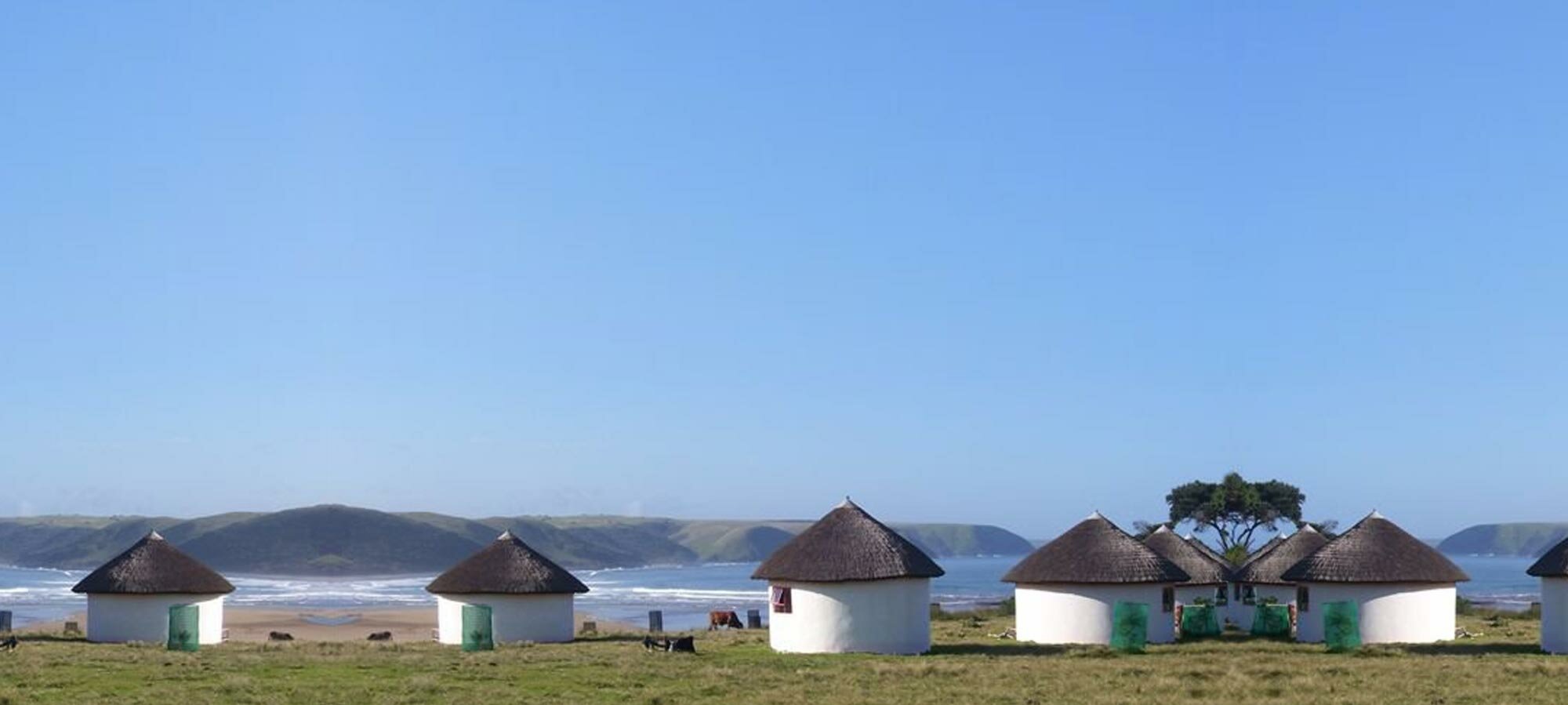
Helping to plan for, find and keep the workforce needed to deliver health for all.
AHP is a social profit organisation that works with the South African government and civil society organisations to find solutions to Human Resources for Health challenges.
About AHP
AHP Milestones

2014
- AHP completed capacity assessments for 499 facilities across South Africa, predominantly in rural areas. This included assessments at 363 primary healthcare clinics, 72 community health centres and 64 district hospitals in 12 districts across five provinces. These assessments are being used to inform the HR planning processes in these districts.
- AHP has placed 3 266 foreign-qualified and local health workers, managers and support staff since the organisation’s inception in 2005. In 2014, AHP made 336 placements in South Africa.
- AHP’s Retention Officers hosted 277 HRH Assist capacity building sessions which were attended by 4 682 district and facility managers.
- The 2009 Community Service Survey results were published in an international journal, Human Resources for Health.
2013
- AHP completed workforce planning assessments and made human resource recommendations for selected facilities across the districts in which it works. AHP’s total workforce planning activities in 2013 covered 18.2% of the uninsured population of South Africa.
- AHP placed more than 400 healthcare professionals and support staff, including 234 doctors, in rural and underserved public healthcare facilities in South Africa.
- AHP’s Retention Programme was expanded with on-the-ground Retention Officers working in nine districts and one sub-district in seven provinces.
- AHP adapted a retention survey to the South African public health environment. The survey is conducted with health workers in rural districts and is used to identify which area of HR management is the weakest and has the biggest impact on poor retention. This survey, which was launched in August 2013, ensures that AHP’s retention efforts are informed by the real needs as experienced by health workers currently working in rural districts.
- In 2013 AHP codified its culture because it wanted to be deliberate in creating a positive experience for the people of AHP and build, deliver and sustain one consistent AHP experience in every interaction internally and externally. AHP codified how it will serve its customers in a culture framework which comprises its purpose, values, mindset and behaviors. Articulating AHP’s culture enables the organisation to fulfill its mission of helping to plan for, find and keep the workforce needed to deliver health for all.
2012
- In January the Rural Doctors’ Support Programme expanded into a further five districts in four provinces, reaching 4.4 million people.
- AHP launched as a separate legal entity. Two companies were registered in March. AHP Recruitment Foundation NPC (whose name was changed to Africa Health Placements NPC) is the donor-funded arm of what AHP does. Africa Health Placements (Pty) Ltd is the for-profit entity in which all our profitable work will take place. The aim of the Pty division of AHP is to build sustainability for our NPC arm by charging a fee for placements, which will enable our non-profit side to continue to offer human resources solutions for the public healthcare sector.
- The orientation team developed a hospital induction programme in partnership with the District Manager in Vhembe, Limpopo. This programme was implemented in the Donald Fraser Hospital at the end of 2012 for the community service officers starting in 2013.
- 294 placements were made in 2012.
2011
- AHP, with the support of rural healthcare expert Dr Tim Wilson, launched the Rural Doctors’ Support Programme in January 2011 in three districts in the Eastern Cape to address the lack of support for doctors.
- This programme had such great success that it was decided that the programme, in partnership with Broadreach and FPD, would be expanded.
- The community service officer research project reports for 2009 and 2010 were completed.
- 476 placements were made in rural and underserved healthcare facilities.
2010
- AHP branched out into Swaziland and Lesotho where a significant impact was made in terms of placements and improving systems.
- AHP started working with PEPFAR-funded clinics to move their staff onto government payroll in advance of the end of PEPFAR funding to ensure continuity of services for people living with HIV/Aids.
- The full implementation of AHP's orientation and ongoing support programmes proved to be a success.
- AHP's CEO Saul Kornik was the key-note speaker at the launch of the WHO Rural and Remote Health Recruitment and Retention Guidelines.
- 542 placements were made in South Africa, Swaziland and Lesotho.
2009
- 2009 is the year AHP crossed the 1 000th placement mark and a press event was held to commemorate this.
- Expansion plans into Swaziland and Lesotho were formulated.
- An extensive orientation programme was designed and implementation began.
- Community service officer research was conducted.
- The London GP Deanery got involved with AHP, sending junior doctors to South Africa as part of an out-of-programme year.
- In 2009 alone, 510 permanent and volunteer placements were made: 246 foreign-qualified doctors (GPs and specialists) in rural government hospitals and 264 local-qualified health workers of all cadres who were placed mostly in HIV/Aids clinics.
2008
- The joint venture was rebranded into AHP as it is known today.
- During 2008 consolidation and strategy were the main orders of business. The first team retreat took place, and a mission, vision and organisational culture were formulated.
- Therese Hansen started as AHP’s USA liaison, situated in Washington DC.
- AHP made 448 placements in underserved facilities in South Africa – this translates to over five times more doctors placed through AHP than produced through all eight South African medical schools annually.
2007
- In just two years the impact of The Placement Project (TPP) and the Rural Health Initiative (RHI) was phenomenal: TPP focused on the recruitment of local doctors, while RHI’s focus was on foreign-qualified doctors.
- During 2007, TPP and RHI’s recruitment project signed a joint venture agreement merging the two projects into a single public sector healthcare solution for South Africa.
- The merged project moved into new offices in Johannesburg, set up an independent advisory board (comprising Ntondeni Ndwamato, Gustaaf Wolvaardt, Jannie Hugo and Clarence Mini) and began setting up the infrastructure for the growth of this concept.
- The joint venture was signed for Africa Health Placements (AHP) in July. This process was facilitated through Atlantic funding and RuDASA.
- AHP was given funding by PEPFAR, Discovery, CIDA as well as Anglo American and De Beers, through Tshikululu.
- A total of 222 placements were made.
2006
- The Foundation for Professional Development (FPD) founded The Placement Project (TPP), a not-for-profit recruitment agency, in January 2006. This venture, run by Gustaaf Wolvaardt and Veena Pillay, and funded by Atlantic Philanthropies, was based on a feasibility study done by FPD.
- AHP's CEO Saul Kornik joined RHI as the CEO.
- RHI and TPP entered into a collaborative relationship for the recruitment of healthcare professionals for the South African public sector.
- AHP’s UK office was opened by Liz and Martin Schroeder. Greg Lydall also started in the UK as a volunteer.
- During 2006 a total of 119 placements were made.
2005
- The Department of Home Affairs set up a waiver for foreign-qualified doctors to apply through the Foreign Workforce Management Programme (FWMP).
- In February R300 000 in funding from Discovery was secured and in April, Prof Steve Reid approached Tracey Hudson to start working on the project, recruiting foreign-qualified doctors in KwaZulu-Natal.
- In May, guided by Jannie Hugo, the Rural Doctors’ Association of South Africa (RuDASA) launched the Rural Health Initiative (RHI) Recruitment Project under the auspices of the South African Academy of Family Practice (SAAFP).
- In this first year of recruitment 16 doctors were placed.


